The
 blog
blog
Machine learning in education
4th April 2019 | Mike WilliamsWhat are we talking about?
Machine learning (ML) - uses the power of computers and the abundance of data to carry out a task whilst learning and improving from experience.
With the sheer volume of data being produced through our everyday actions, there is more food to feed the machines that can learn from it! The more food you give your machine, the more accurately it can predict an outcome or more effectively carry out a task. Take the various forms of regression analysis for example, a method often used in a stats or economics class. These are techniques that are used in machine learning to find relationships between variables, like student age and attainment - by adding more data to the calculations, you start to get more accurate conclusions!

In Education
In education, data collection and storage is becoming more commonplace. Data around student attainment, attendance, behaviour, financials, special needs and much more is being stored and tracked. Needless to say, this opens the door for machine learning to applied to education and schools. So what are some of the potential applications?
- Identifying struggling students, and cohorts. Using attainment data to identify correlations in performance and flag those with a negative correlation. Learn if certain patterns (in attainment or behaviour etc.) frequently precede a fall in attainment and connect cohorts of students with a similar attainment trajectory.
- Personalising lessons. Using attainment data and comparing this to lesson plans and structures. Identifying the specific teaching techniques and lesson plans that work best for specific students and cohorts. Structure lessons based on this relationship to best suit a students learning needs.
- Delivering classes and lectures. Students follow a virtual lesson based on feedback and learnings from student progress, freeing up time for teachers to work one on one with students!
- Grading students. Taking the burden of teachers to grade hundreds of papers through automatic grading systems and platforms that encourage peer to peer grading.
- Instant feedback. Automatically marking or grading assessments in real-time. Providing individual students with feedback to immediately learn from mistakes or make improvements on answers.
- Creating learning pathways. Using attainment data, resources and lesson plans to work out the best learning pathway for a student or cohort.
- Keep students interested. Design curriculums and student pathways to improve retention rates in students. Where some lesson plans and curriculums might lead to good results for some students, it may promote dropping out of education in others.
- Predict Student Performance. Help to predict student performance from past results, looking at subject, topic, question level data and working out likely student performance going forward.
- Creating and setting assessments. An assessment could be perfect for one student but irrelevant for another. If they both possess different strengths and weaknesses it makes sense to focus on different areas of the curriculum to improve their performance. Generating bespoke tests based on past experiences, tailoring tests to areas where a specific student is struggling.
- Match making. Some students will work fantastically well with one student but not so well with another, the same goes for different teaching styles. Allocating teachers/students to classes and cohorts based on these interactions and relationships.
- Detecting 'false' learning. Learn whether a student actually understands the topic or has simply learnt the mark scheme.
All of these potential applications don't result in the replacement of teachers with machines - rather it optimises the human teaching process and frees up teachers to concentrate on the tasks that have the greatest impact on student progress and performance.
If you're interested in learning how Vizi is using machine learning to improve education, please get in touch below!
Mike
Other articles you may be interested in
25th November 2021 10 mins
Blog post
3rd December 2019 10 mins
Blog post
Peer to peer grading
Read more7th June 2019 10 mins
Blog post
Encouraging marking standardisation
Read more4th December 2018 10 mins
How to
Creating a seating plan
Read more4th October 2018 10 mins
How to
Auto grade your assessments
Read more2nd August 2018 10 mins
How to
Using assessment breakdowns
Read more30th June 2018 5 mins
How to
Creating an assessment
Read more12th April 2018 10 mins
Blog post
How can data-viz help improve student outcomes?
Read more3rd February 2018 5 mins
Blog post
Time to get my head around the 1-9 grading system
Read more20th July 2017 10 mins
Blog post